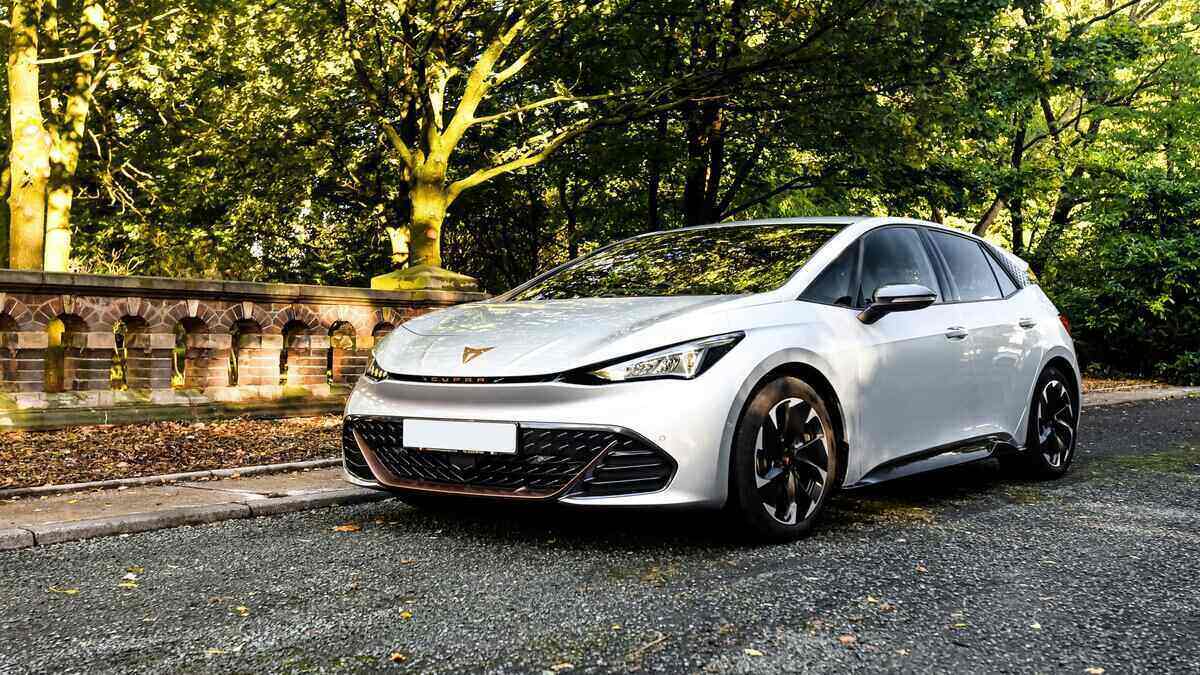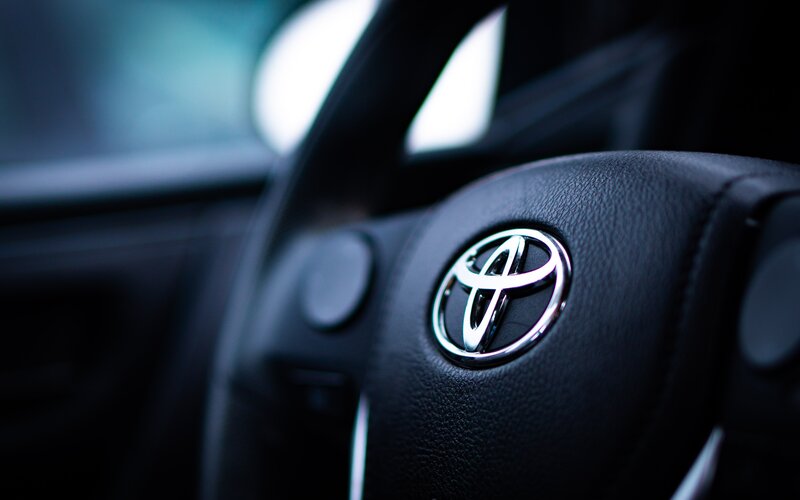You might be surprised to know that you don't have to break the bank to buy an electric car. While premium Teslas are still a bit out of reach for the average punter, there are several EVs (electric vehicles) now available for sale in Australia for AUD$60,000 or less.
And there could be more on the way soon. Part of the rationale behind the controversial New Vehicle Efficiency Standards (NVES) is that it will help bring better and more affordable electric vehicles to Australia.
EV Council CEO Behyad Jafari, a big advocate for NVES, says Australia has always been at the "back of the queue" for EVs, with manufacturers incentivised to offer these options elsewhere first. However, there are still quite a few options out there.
Alexi Falson, motoring journalist at Performance Drive, says other factors are also contributing to the influx of more reasonably priced electric cars.
"Material costs have, in most cases, dropped significantly while R&D has taken place and manufacturing lines are now being re-tooled for a larger scale EV production," he told savings.com.au.
"Manufacturers from China have taken their domestic successes to the global market and undercutting rivals on price is one of their go-to strategies.
"The flow-on effect of all this competition in the EV segment is a great thing for consumers as brands try to one-up their rivals, with this competitiveness set to increase in the future."
As of April 2024, the following cars all have manufacturer sticker prices around $60,000, before on-road costs. The manufacturer's price is the absolute most you would pay for the car - you can often negotiate down by a few thousand dollars, and prices could be cheaper once state-based EV subsidies take effect.
BYD Atto 3
-
Listed manufacturer price in Australia: $48,011 for the standard, $51,011 for extended battery range.
-
Range: 345km to 420km depending on the battery size
Electric Vehicles are still synonymous with Teslas for many people, but this perception is now well out of date. More than 60% of electric vehicles sold worldwide now come from China. The most prominent is BYD, now the biggest selling manufacturer in the whole Chinese market.
BYD has also started to make a dent in Australia. There are currently three models available on our soil, with up to five more set to be introduced by the end of the year.
Per the Federal Chamber of Automotive Industries (FCAI), the small SUV Atto was the third most popular EV in Australia in 2023, with 11,042 sales, behind only the Tesla Model Y and Model 3.
BYD Dolphin
-
Listed manufacturer price in Australia: $38,890 for the Dynamic model, $44,890 for the Premium model.
-
Range: 340km
The Dolphin is the cheapest BYD model available in Australia. In other countries, BYD also sells the Dolphin 'Mini', also known as the Seagull, which sells for the equivalent of AUD$31,000.
BYD has filed a local trademark application to bring the Mini to Australia, which would become comfortably the cheapest EV on the market.
BYD Seal
-
Listed manufacturer price in Australia: $49,888 for the Dynamic model, $58,790 for the Premium model.
-
Range: 460 km for Dynamic, 570km for Premium (WLTP)
The Seal is the most expensive BYD model on offer in Australia. There is also a 'Performance' version of the Seal, but it's excluded from our list with a manufacturer price above $60,000.
Cupra Born

-
Listed manufacturer price in Australia: $59,990
-
Range: 511km
Cupra is a subsidiary of Spanish manufacturer SEAT, which in itself is part of the Volkswagen group. The EV 'Born' came to Australia in 2023 and comes in just under the $60,000 mark.
Hilariously, the Cupra website says the Born "transcends what's possible on the road". It doesn't fly or anything, but does look kind of cool and can go from 0-100 km/h in 7 seconds - a bit quicker than most of the other options here.
Fiat 500e
-
Listed manufacturer price in Australia: From $52,500
-
Range: Up to 320 km
If you're desperate to drive the car Tom Cruise flipped in the last Mission Impossible movie, but a zero emission vehicle is also a non negotiable, good news: the electric version of the iconic Fiat 500 hit Australia in 2023.
The 500e looks just like the original and Fiat say it sounds the same as well, but it's also nearly twice the price. At $52,500 though, it still makes the cut as an affordable EV option.
GWM Ora
-
Listed manufacturer price in Australia: From $39,990 driveaway
-
Range: Up to 310km
Great Wall Motors (GWM) is another Chinese manufacturer that has already touched down in Australia. With 887 models sold in 2023, the Ora was the 15th best seller in Australia just below the BYD Dolphin in 14th.
MG 4 EV
-
Listed manufacturer price in Australia: From $39,990 drive away for the 'Excite', $46,990 for the 'Essence'
-
Range: Up to 450km depending on the battery variant
The 4 EV Excite, from the old British sports car manufacturer MG, was named the Carsales car of the year for 2023. It was called "truly engaging and genuinely enjoyable to drive" according to test drivers, and was praised for helping improve access to electric vehicles to the Australian public.
Despite its name, the Excite model doesn't come with too many mind-blowing extras, which is unsurprising given it's among the cheapest EVs on the Australian market. The Essence model offers more features, as you might expect given the $7,000 price difference.
MG ZS EV Compact SUV

-
Listed manufacturer price in Australia: From $41,990 drive away for the 'Excite', $51,990 for the 'Essence'
-
Range: 320km for Excite, 440km for Essence
MG also have an SUV EV option. Mr Falson says MG are generous with their equipment lists, and highlighted the seven year/unlimited kilometre warranty as another positive.
Nissan LEAF Base Model
-
Listed manufacturer price in Australia: $50,990 before on-road costs
-
Range: Between 270 to 385 kms depending on the battery
The Nissan Leaf was first released in Australia in 2012, so relatively more established than some of the upstart models listed above. However, Nissan has announced the Leaf will be phased out by 2026, replaced by new EV models like the Ariya, set to hit Australia some time in 2024. For now, the Leaf is still available starting at just over $50,000.
Why switch to an electric car?
If you're on the fence about purchasing an electric car, here are a few compelling reasons that may get you over the line:
1. Environmental impact
Over their lifespan, EVs have a significantly lower carbon footprint compared to conventional petrol/diesel cars. CO2 emissions on electric cars are 0, while according to the Environmental Protection Agency in the US, the typical passenger vehicle is pumping out about 4.6 metric tonnes of carbon dioxide every year.
Some studies have suggested the environmental benefits of electric vehicles are a bit of an illusion, with EV manufacturing more emission-intensive than that of a combustion engine vehicle. According to the Department of Transport though, this is offset after the car has been used for about two years, charging from the grid.
2. Cost savings
EVs have fewer moving parts than a conventional petrol/diesel car - no oil, no internal combustion engine, less brake wear - which typically means lower repair and maintenance costs.
In general, EVs cost substantially less to run (per km) than cars using petrol or diesel. They can be as little as one-third of the running cost per 100km, according to a 2019 Federal Government report.
"An EV will cost around three cents per kilometre compared to around 10 cents per kilometre for an ICE equivalent," the report said.
3. Government incentives and improving infrastructure
Most Australian states or territories offer some degree of financial incentives to switch to zero emission vehicles, from reduced or abolished stamp duty to rebates and subsidies of up to $3,500.
Furthermore, the infrastructure for charging electric vehicles is rapidly expanding, with more public charging stations being installed in cities and along highways. Being stranded in the middle of nowhere with a dead battery is becoming less of a drawback to going electric.
4. Discounted car loans
If you are in the market for an electric vehicle, some lenders offer discounted loans for environmentally-friendly cars. Vehicles which meet the eligibility requirements above can receive interest rates up to 100 basis points lower, saving you money over the course of the loan.
Savings.com.au's two cents
The Albanese Government maintains the NVES will mean many more manufacturers bring electric options to Australia, which could mean this list rapidly expands in the coming years. However, the laws have already been watered down after concerns the price of high emission Aussie favourites like Utes and SUVs would be driven up, so it's not guaranteed whether this will end up being the case.
Some people are intrigued by going electric, but might still find it out of budget. Even among the above options, the most affordable are only just under $40,000, still a lot more expensive than the cheapest petrol/diesel alternatives.
It is worth bearing in mind though the lower maintenance and refuelling costs of EVs. Even if you don't care about the environment, if an EV catches your eye it won't hurt to crunch the numbers and work out how much you might be able to save over the car's whole life cycle.
Header Photo by Axel Antas-Bergkvist, Cupra Born by Swansway Motoring Group, MG ZS by Haberdoedas, all on Unsplash



 Denise Raward
Denise Raward
 Harry O'Sullivan
Harry O'Sullivan

 Jacob Cocciolone
Jacob Cocciolone

